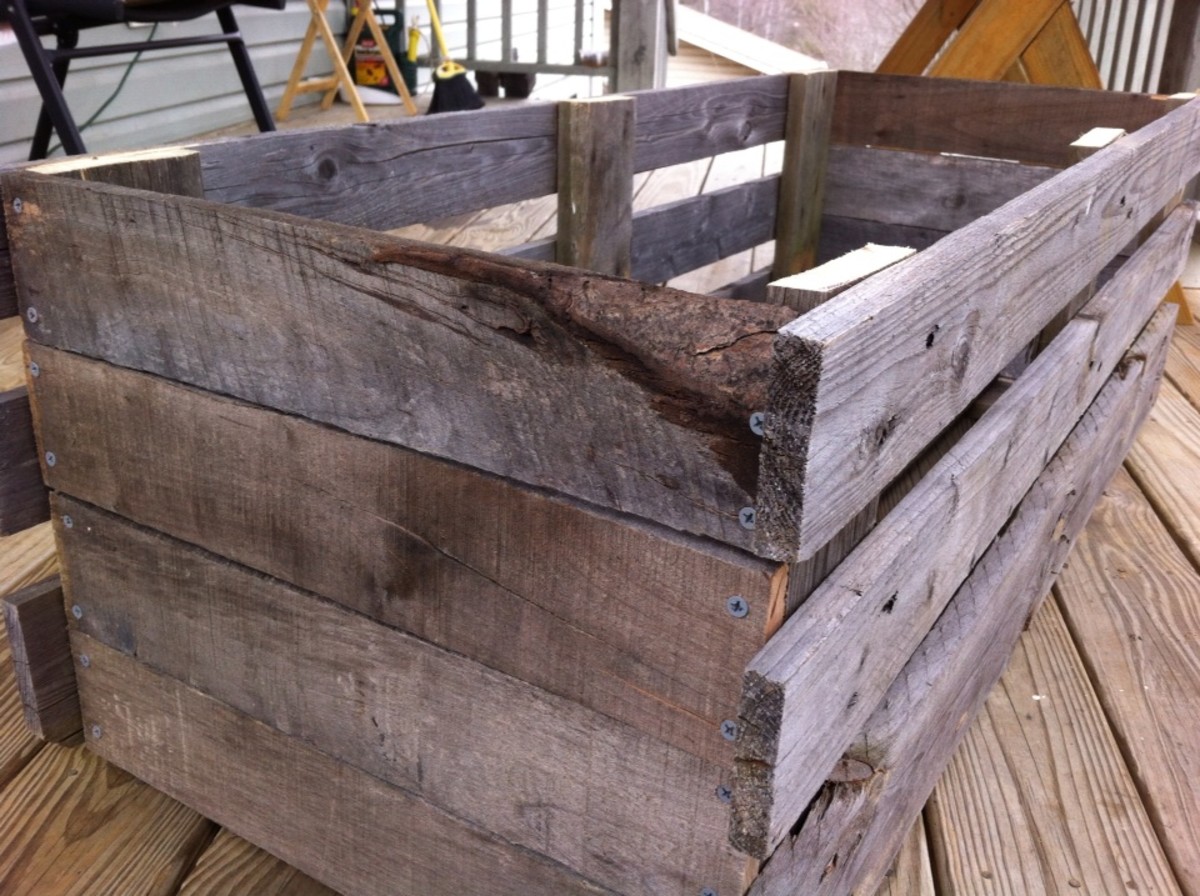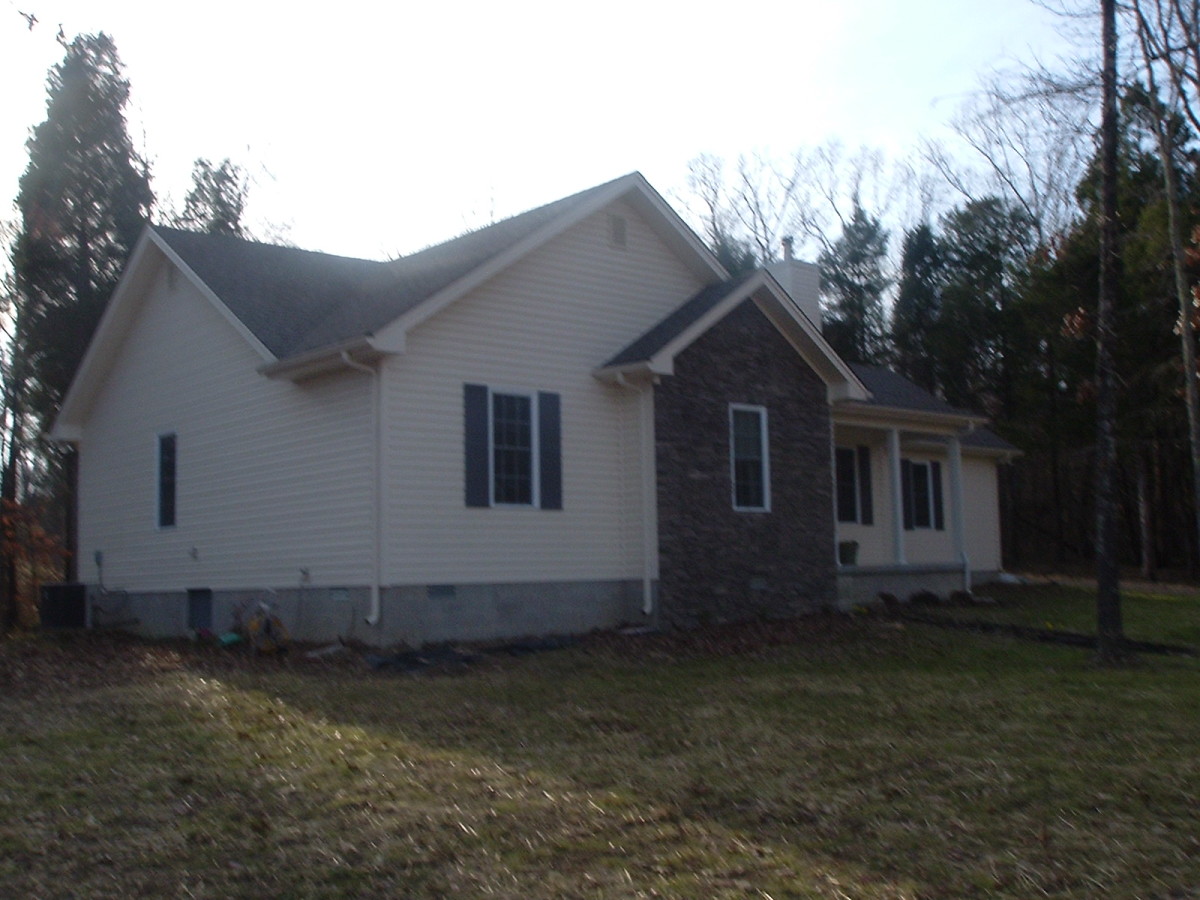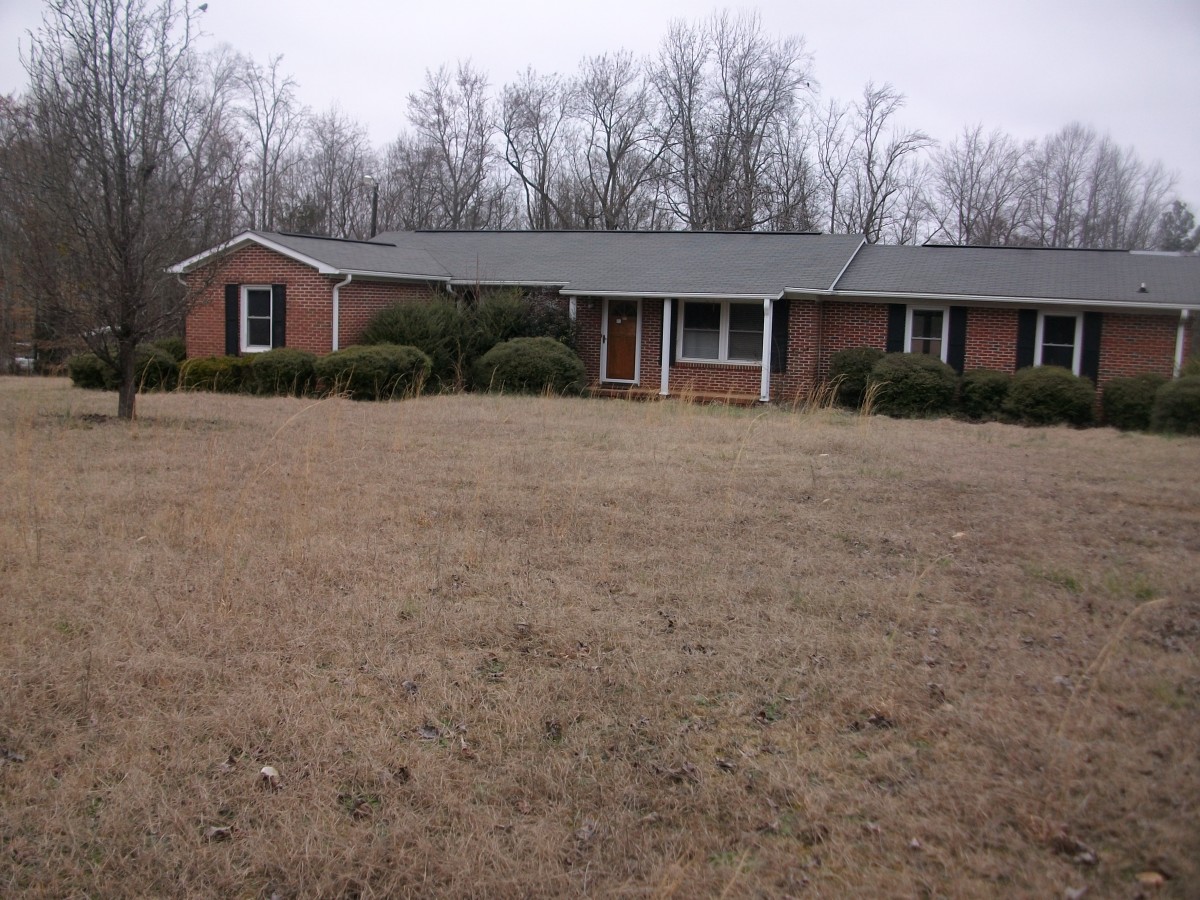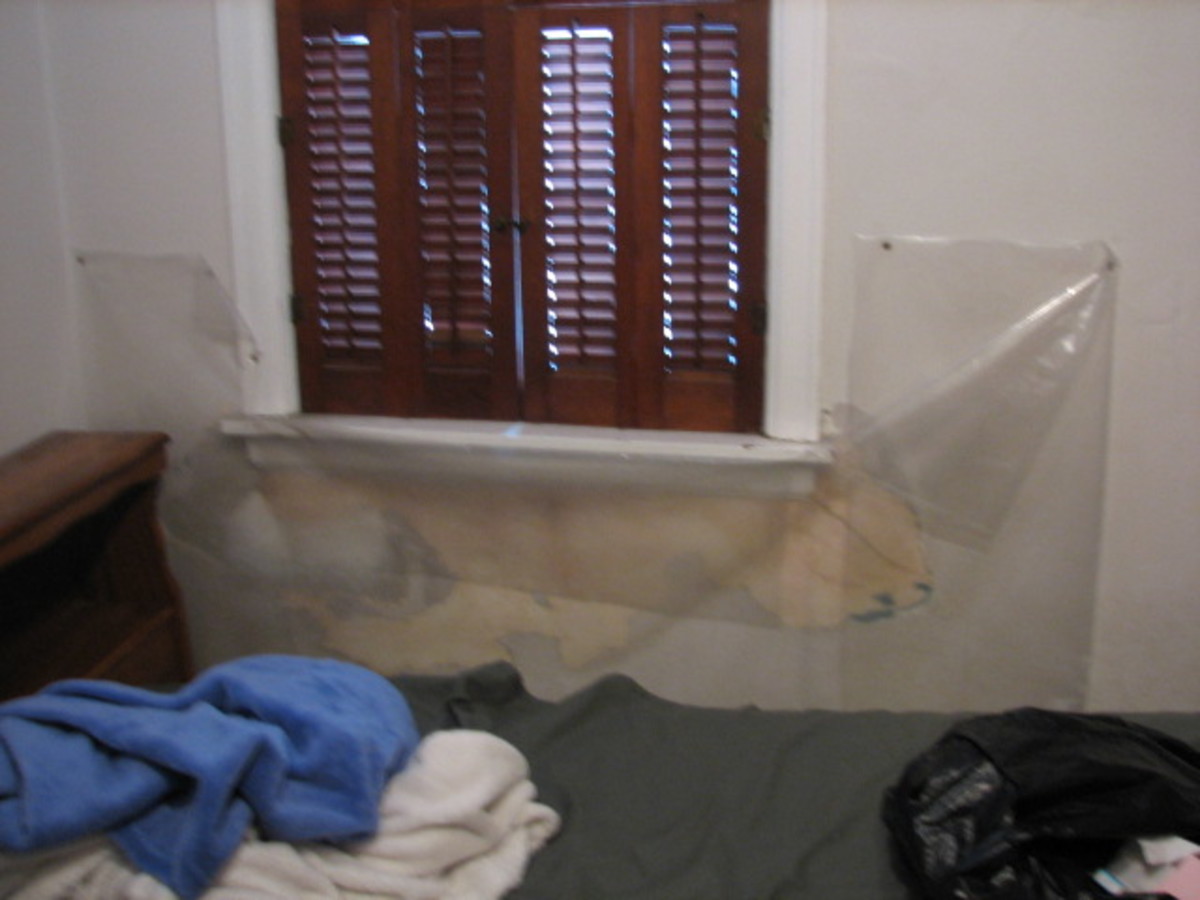Home & Addition Building Mistakes You Should Not Make.
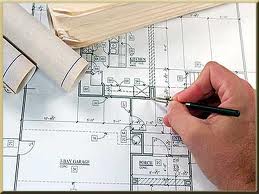
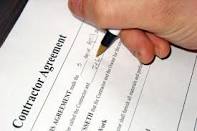
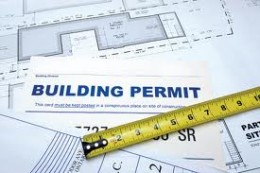
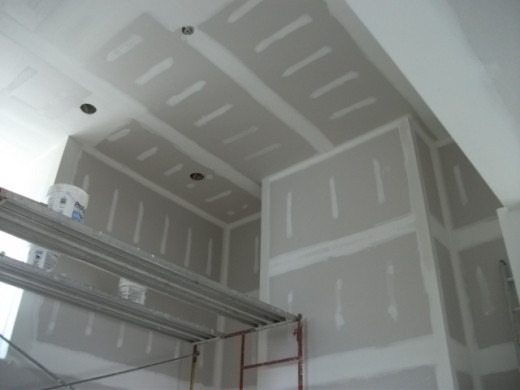
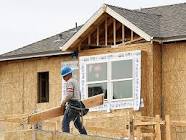
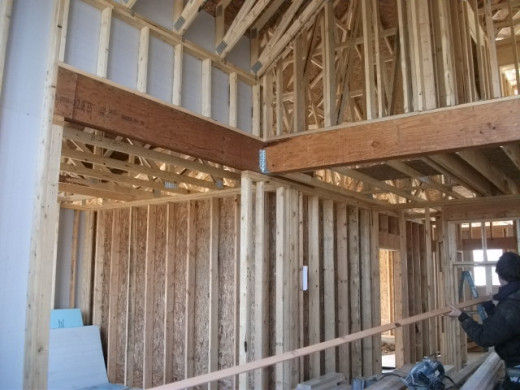
Are You Planning On Building A Home or Adding an Addition? If so, protect yourself by following the advice given below. It can only help you.
This hub is written as a result of my experiences as a building inspector, both privately and at the municipal level for many years. The reason this hub is written is to educate those who are planning to build a new home, add on an addition to their present home, or to build any type of costly project, that certain precautions should be taken before construction begins. I have had numerous experiences over the years with different problems that have come to my attention from those seeking my advice or professional assistance.
My analysis of these problems show that these problems can likely be avoided or reduced if the following recommendations are followed. The failure in ignoring these minimum recommendations has left many individuals in the above circumstances with problems ranging from poor construction, legal nightmares, un-professional workmanship, and financial headaches. All of these problems could have been avoided or mimimized by following the recommendations below. I hope you will consider these before your next project commences.
The recommendations are as follows:
The Contractor:
The subject of selecting a contractor has been discussed in other hubs and the internet extensively. It is my recommendation that you be absolutely sure of the contractor you select. Your selection should not be in a hurry and rushed without due diligence on his qualifications and experience’s. The selection process should not be governed by the cost. Please insure the contractor is licensed (if required), properly insured, and releases any potential mechanic liens. If you have questions please ask them and do not be afraid to ask them repeatedly if needed. You should avoid contractor's who do not have professional paperwork, no business cards, no last name or address on their business cards, draws plans for your project on school paper, has no references, pressure's you to make a decision, objects to a detailed contract, and other similar signs.
The Contract:
The biggest mistake I have found is the failure to have a contract signed by the building contractor which includes any sub-contractors. The failure to have a well drafted contract or agreement with the contractor has caused many headaches as the parties have not addressed specific issues. The contract or agreement should name the parties, the address for service of any notices, details of any payments to be made and when, the time frame for completion and or progress of projects, damages for any default, complete description of the project including all materials to be used in each phase, standard of construction (applicable building codes for your project), inspections required, penalties for not completing project by a certain date, the furnishing of any required construction drawings, and any other details you believe are important. My message here is that the more you have in writing the more control you will have and a reputable contractor will not have a problem with a detailed written contract. The mistake that I have observed is that people sign a one or two page contract with a contractor or builder that is vague and in favor of the contractor or builder. It is often furnished by the contractor themselves. If it is not documented it is open to dispute. If the project requires certain fixtures, identify them, certain dimensional lumber, identify it and all the other features you think you are agreeing to. It is not uncommon for contractors to switch materials or install products and materials you thought were different or not clearly identified. You want to have a meeting of the minds which is best for both you and the contractor. Please consult a qualified attorney to draft this contract or agreement.
The Zoning Permit - Building Permit, & Construction Documents:
This is the second mistake that is often made in the process. The building permit is your protection that your project will be recognized by the local governing body. If you fail to obtain a required building permit and obtain the required inspections, your project is exposed legally and you may be required to demolish the work being done. I have seen often illegal buildings being built in violation of the local zoning and building permit requirements in many communities. You should obtain all three of these documents prior to building your project.
The zoning permit is permission to build your project in accordance with the local zoning requirements where it is desired to be built.
The building permit is permission to build your project on the site where approval is given.
The construction documents or plans are another layer of protection to you which detail the construction to be completed. These plans are generally reviewed and approved to some extent by the municipally in the plan review process. This is not true in all locations. I recommend you obtain quality construction documents detailing the construction in accordance with the building code used in your area. These documents and plans will help protect you and insure you get what you are planning and paying to be completed. Do not accept pencil drawings from the contractor. This is a sign of un-professionalism. A reputable contractor should know an architect that can complete these construction plans if you do not have any prepared construction documents or know of any architects.
Hire an Independent Construction Inspector
The last recommendation is to hire an independent construction inspector that will work for your interests. The purpose of this step is that your inspector can spend additional time on the site as negotiated to inspect and make comments as to whether the contract and construction requirements are being followed. The municipal inspector while having final jurisdiction usually does not spend that much time on site. He usually has too many other responsibilities. It is his purpose to perform certain minimum inspections that are not enough protection for owners in my opinion and experience. The inspections that he performs is usually a footer inspection, framing inspection, foundation inspection, plumbing inspections, electrical inspections, mechanical inspections, and final inspection on average.
If you agreed to purchase a new house but do not own the land or house until the passing of title you may have difficulty in having your own inspector on site or visiting the property due to legal and liability issues. If you can negotiate this point with the contractor that is fine but you must respect this contractor builder’s decision. If this is not possible please follow the recommendations above in having a well drafted contract and obtain the required construction documents (zoning permit – building permit – and construction plans). If this project is on your own land or lot there will not be any problem if it is a part of your contract for the inspector access.
The purpose of the independent construction inspector is to make periodic inspections to insure compliance with the contract and plan. The independent construction inspector reports to you and you must decide if any negative comments by him are justified. He will do a best effort inspection to oversee professional workmanship, installation of required and contracted materials, compliance with the local building code, and the terms of your agreement. If you contracted for a certain quality of an item and the contractor installs a lesser quality you want to know.
The cost to retain this independent inspector is small. The amount paid for your protection and to monitor progress of construction which is in the thousands of dollars is outweigh by the potential savings and peace of mind. Please keep in mind that independent construction inspector and their finding is only their opinion, but discovering issues before they are hidden and before your final acceptance of the project are important.
If you believe the independent construction inspector has valid complaints you can visit the property and determine for yourself. If any action is required, it will be your responsibility to take the proper action.
I do recommend that you and or the independent construction inspector keep good notes of events as they develop on your project. These notes will be very useful for any future problems or for reference if they are later needed.
I hope the above is of assistance in making your project an enjoyable one. You can never be over prepared and have enough facts and information. Remember
1. Have a thorough complete contract prepared detailing all aspects of the project.
2. Obtain all the required permits needed for the project.
3. Hire an independent inspector to work on your behalf monitoring the construction and to
consult with you.

